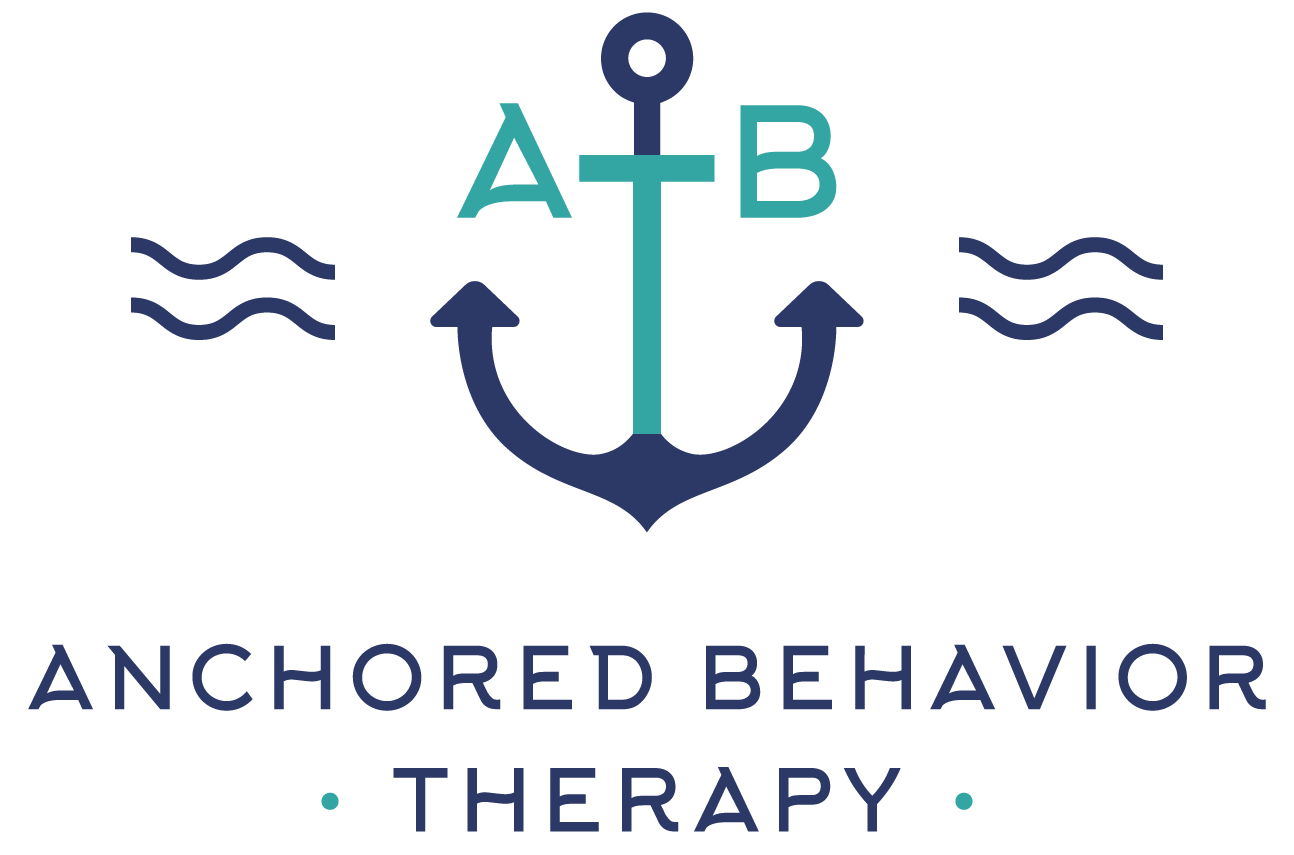Payment Information
Payment is due at the time of service via credit, debit, HSA card (Health Savings Account), or FSA card (Flexible Spending Account). Please complete this New Client Inquiry Form to inquire about our current professional fees.
Anchored Behavior Therapy is currently not in-network with any insurance providers. As an out-of-network provider, we are happy to provide you with the necessary documentation (called a “superbill”) that you can submit directly to your insurance provider for potential reimbursement. Reimbursement is not guaranteed, so we recommend contacting your insurance provider to find out the details of your plan.
INSURANCE QUESTIONS CHECKLIST:
If you would like to pursue potential insurance reimbursement, we recommend contacting your insurance provider to verify whether your plan offers out-of-network benefits for telehealth mental health services. If these benefits are available, we recommend that you should ask your insurance provider about the following:
Submitting for Reimbursement: How do I submit my superbill documentation for reimbursement? Ask for the claims address if needed to submit.
Telehealth: Does my plan cover telehealth services? Do telehealth reimbursement rates differ from in-person?
Reimbursement Rate: How much does my plan reimburse for out-of-network telehealth mental health services?
Procedure Code(s) Approved: Which types of sessions are covered and how much is reimbursed for each type of session? Ask about the different types of session using the following CPT codes that are most commonly used: 90791 – Diagnostic evaluation, 90834 and 90837 – Individual therapy, 90846 – Family therapy without patient, and 90847 – Family therapy with patient.
Number of visits: Do I have a maximum number of visits allowed per year or certain frequency of sessions (e.g., weekly, biweekly)? If so, when does my calendar year start and end?
Prior Authorization: Do I need prior authorization or approval from my primary care physician? If so, what do I need to do to obtain authorization?
Authorization Dates: If I have a prior authorization required, what is the effective date and expiration date?
Deductible: What is my annual deductible? Have I met the deductible for this year already?
Good Faith Estimate
Under Section 2799B-6 of the Public Health Service Act, health care providers and health care facilities are required to inform individuals who are not enrolled in a plan or coverage or a Federal health care program, or not seeking to file a claim with their plan or coverage both orally and in writing of their ability, upon request or at the time of scheduling health care items and services, to receive a “Good Faith Estimate” of expected charges.
You have the right to receive a “Good Faith Estimate” explaining how much your medical care will cost. Under the law, health care providers need to give patients who don’t have insurance or who are not using insurance an estimate of the bill for medical items and services.
You have the right to receive a Good Faith Estimate for the total expected cost of any non-emergency items or services. This includes related costs like medical tests, prescription drugs, equipment, and hospital fees.
Make sure your health care provider gives you a Good Faith Estimate in writing at least 1 business day before your medical service or item. You can also ask your health care provider, and any other provider you choose, for a Good Faith Estimate before you schedule an item or service.
If you receive a bill that is at least $400 more than your Good Faith Estimate, you can dispute the bill.
Make sure to save a copy or picture of your Good Faith Estimate. For questions or more information about your right to a Good Faith Estimate, visit www.cms.gov/nosurprises

